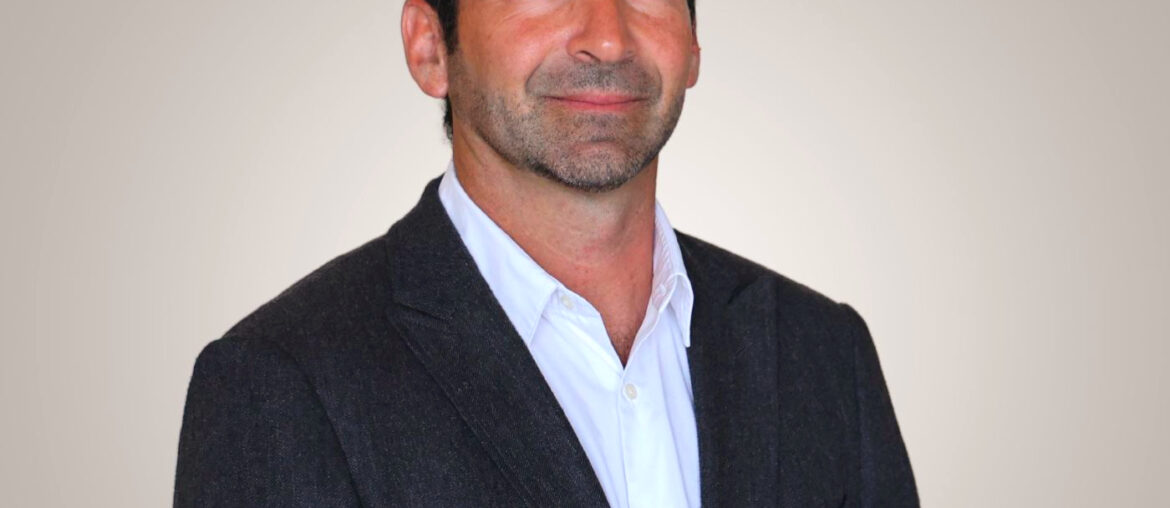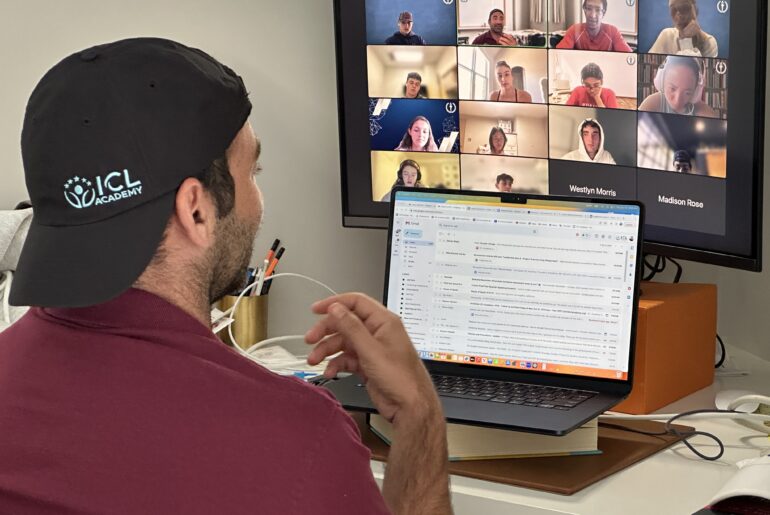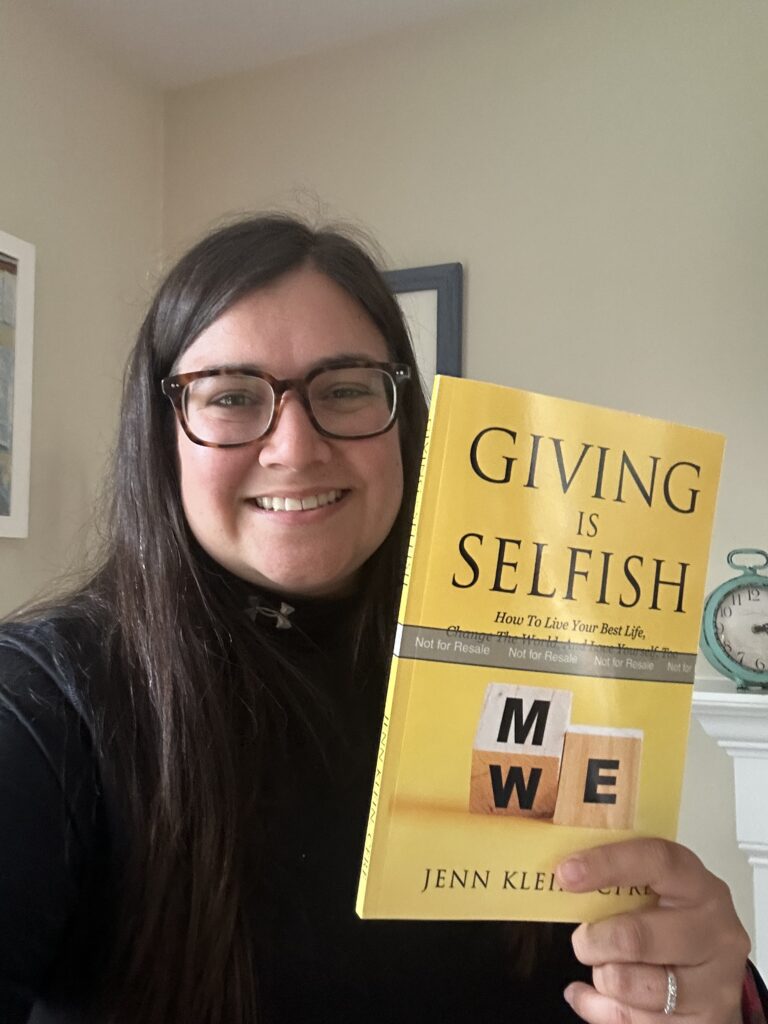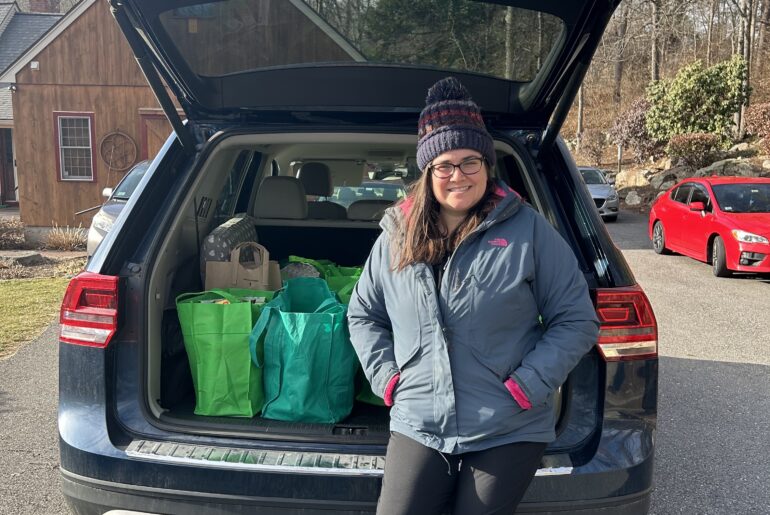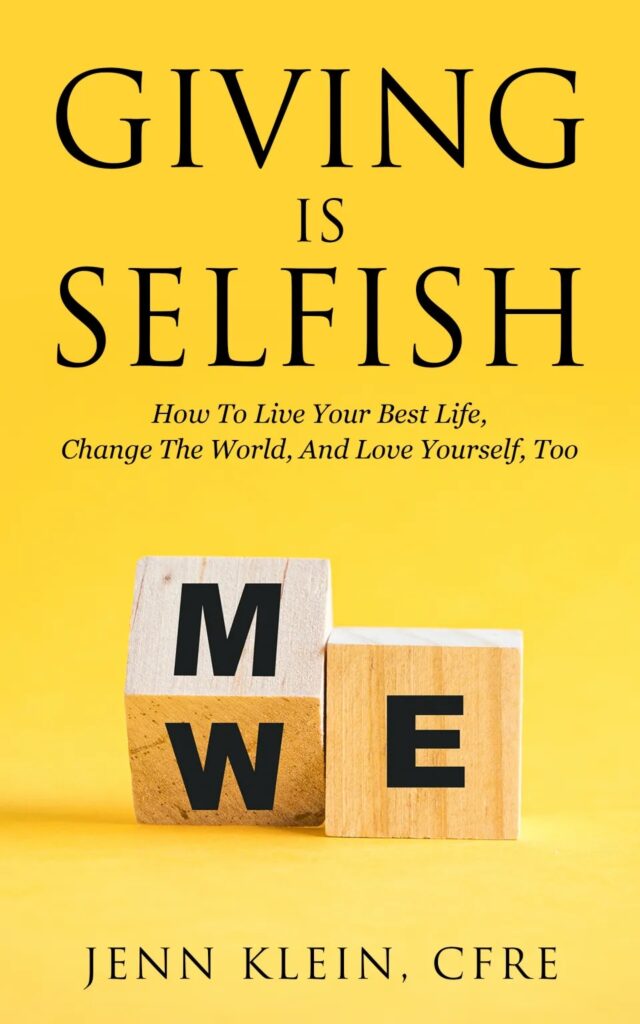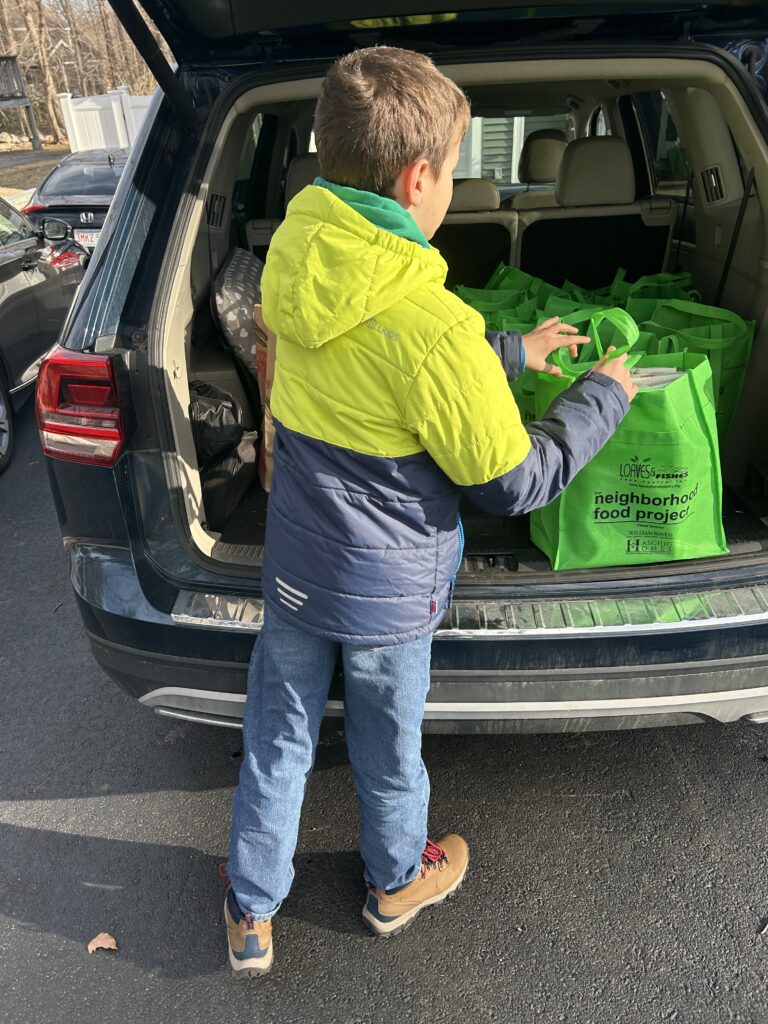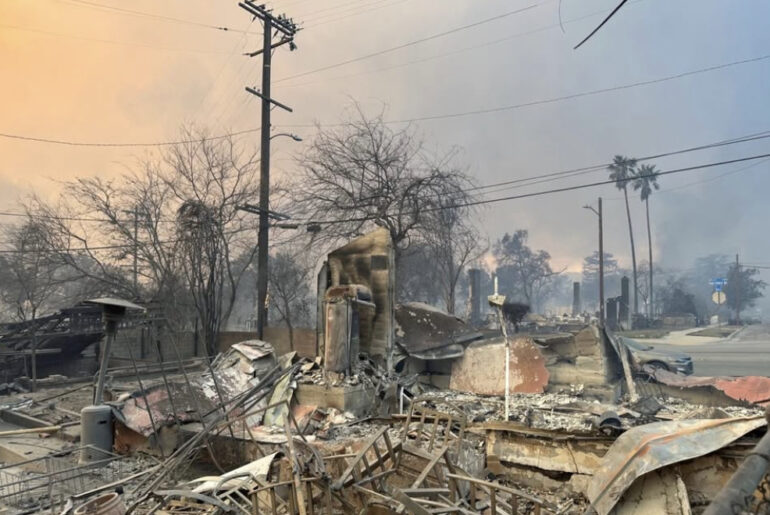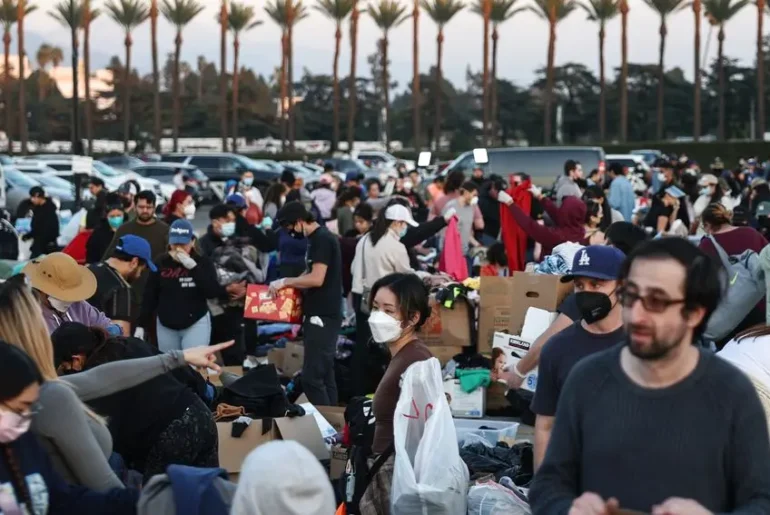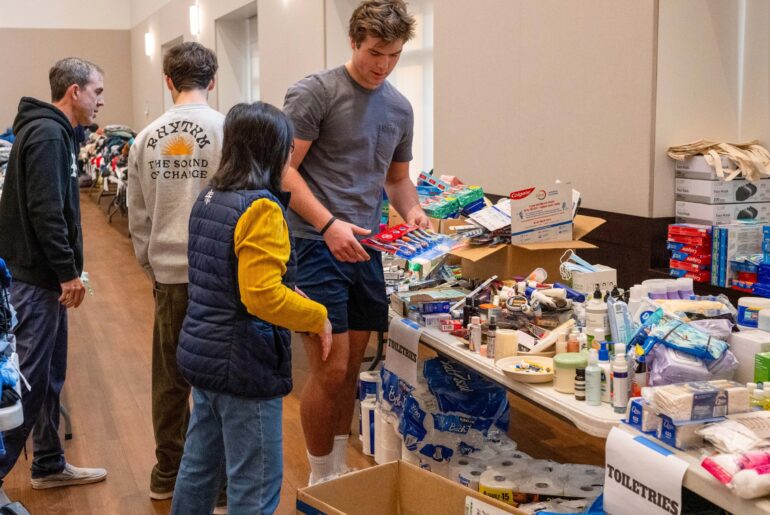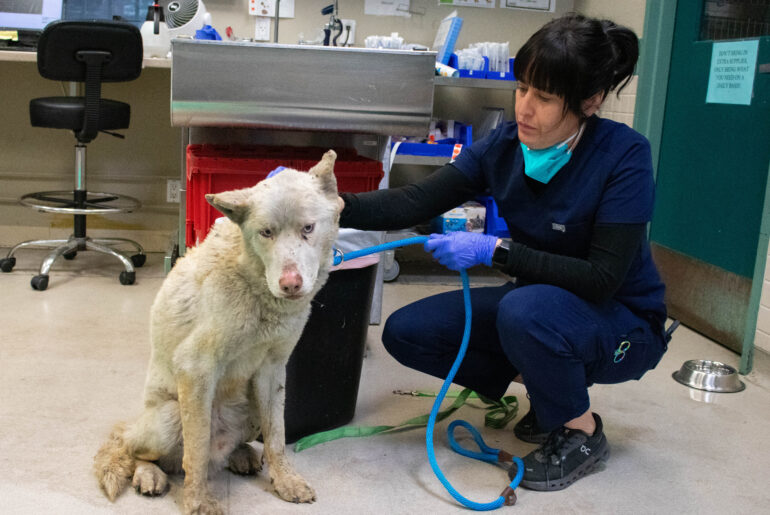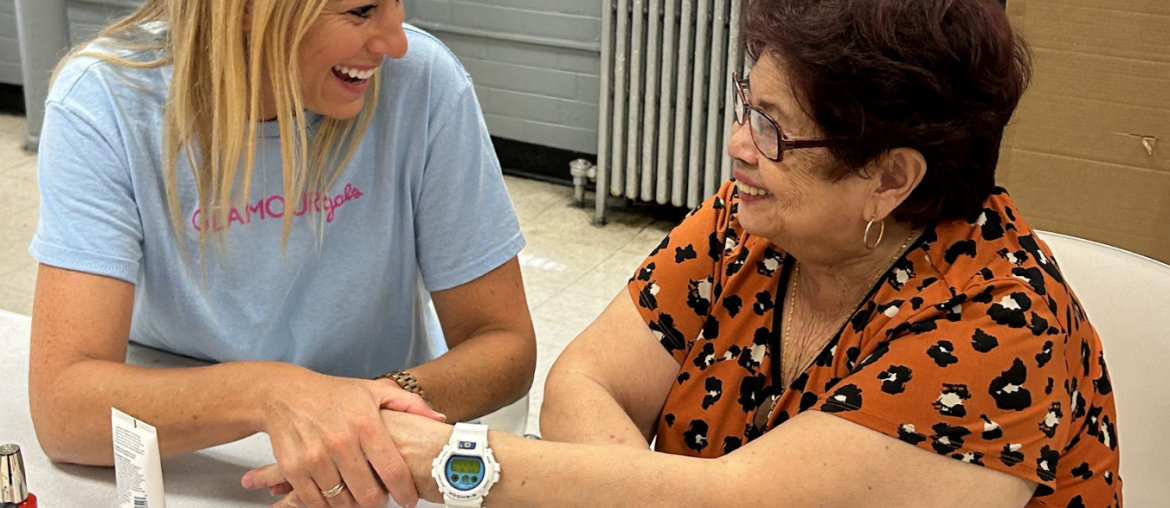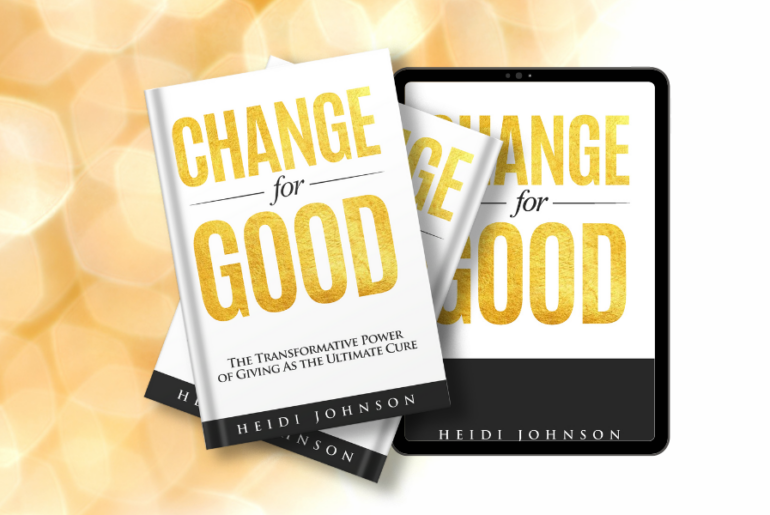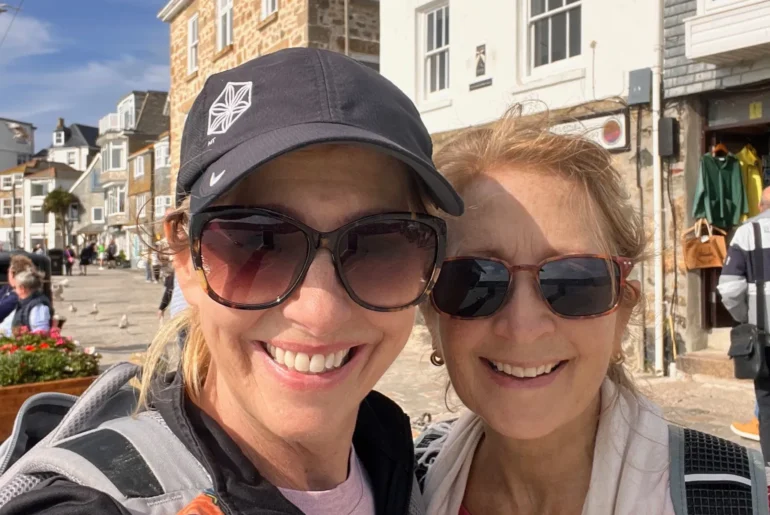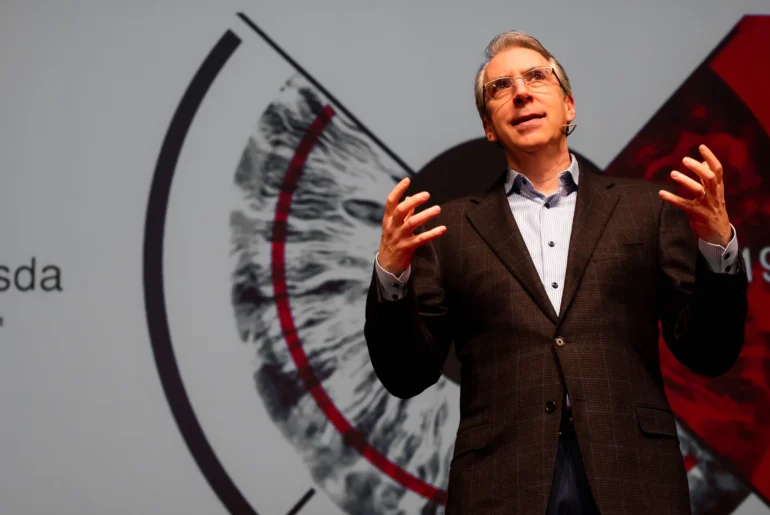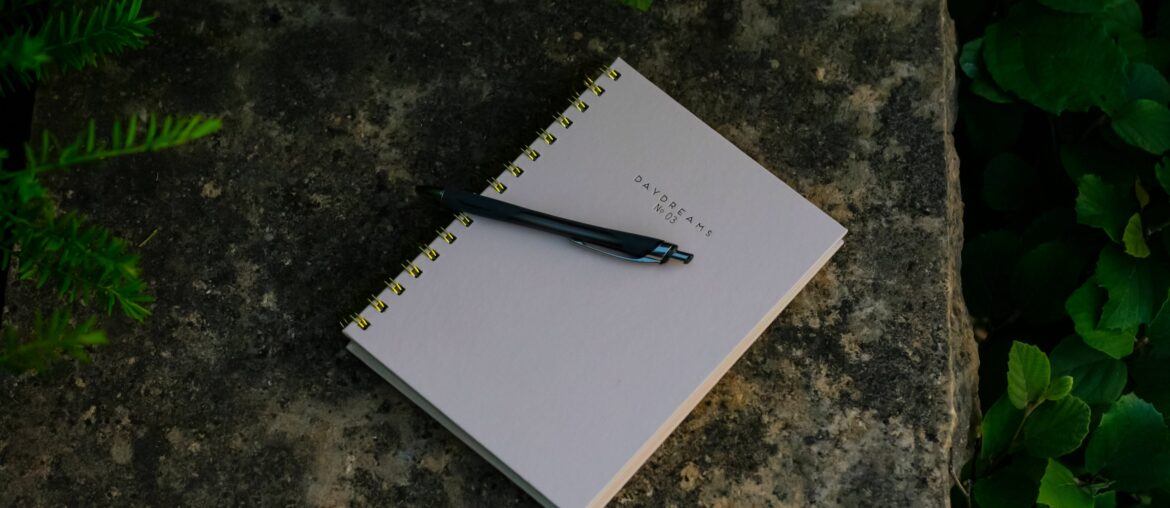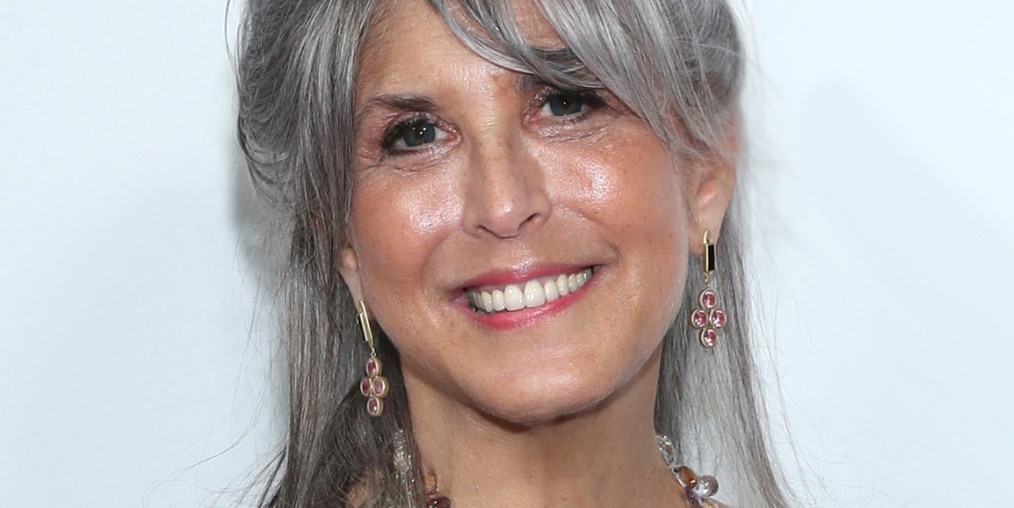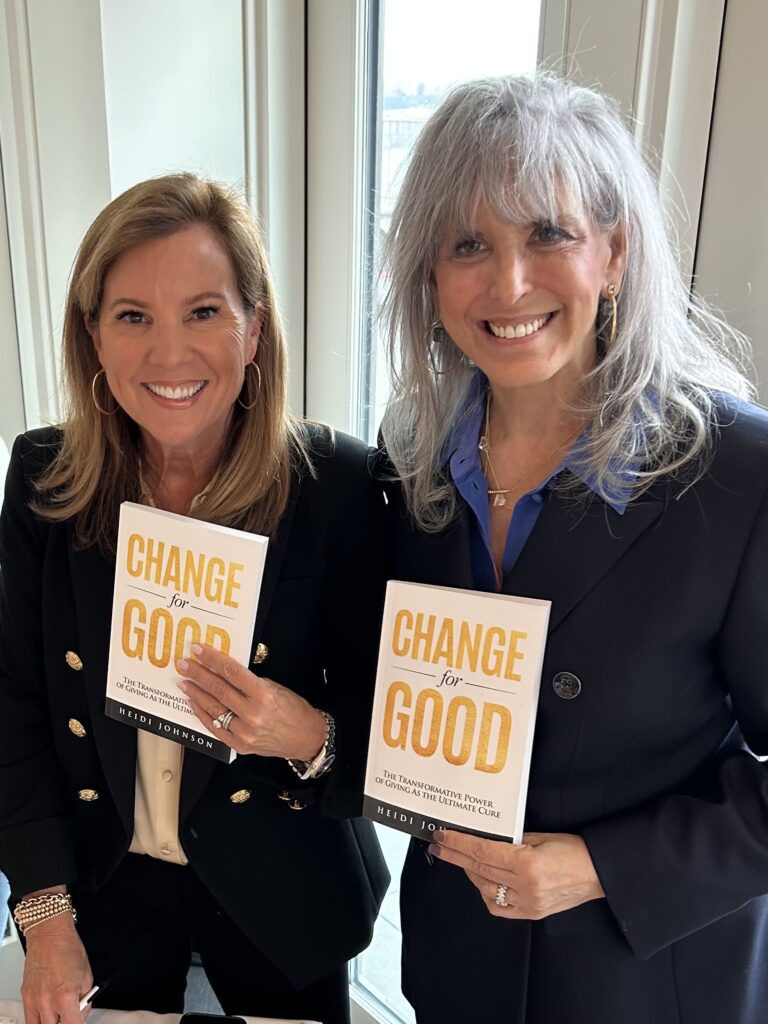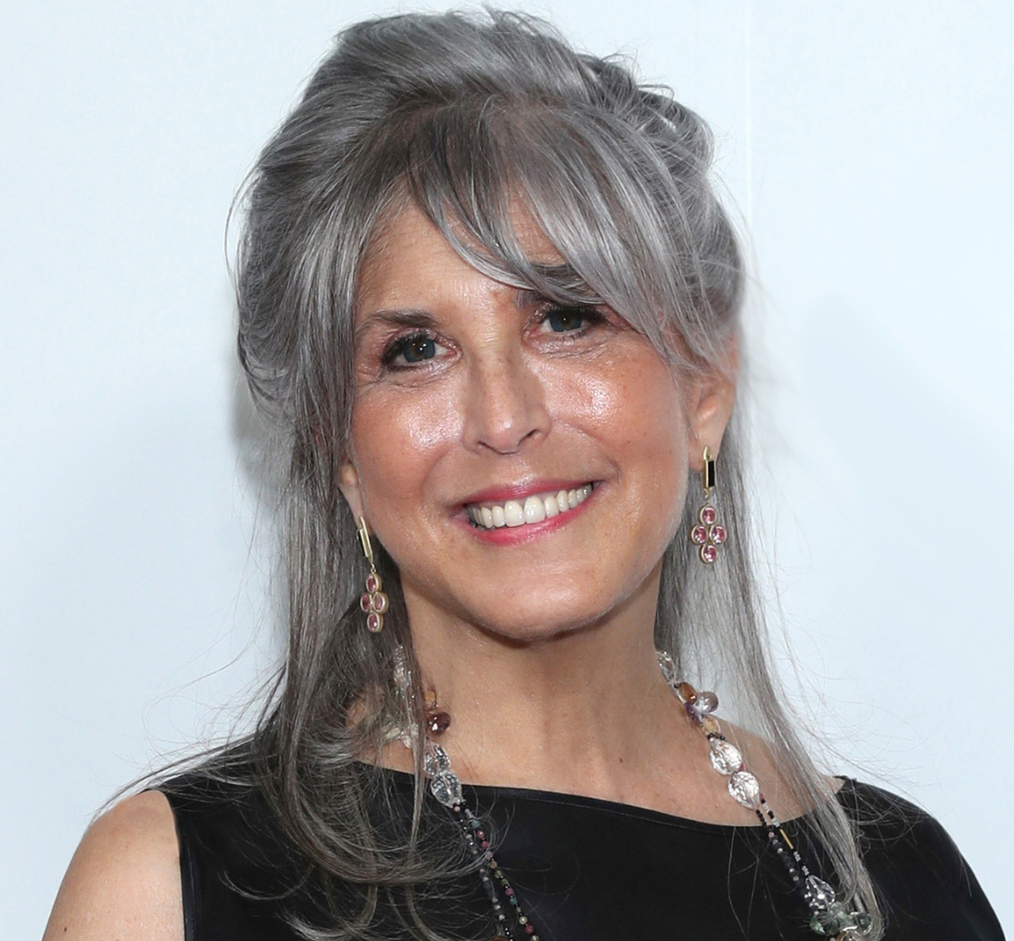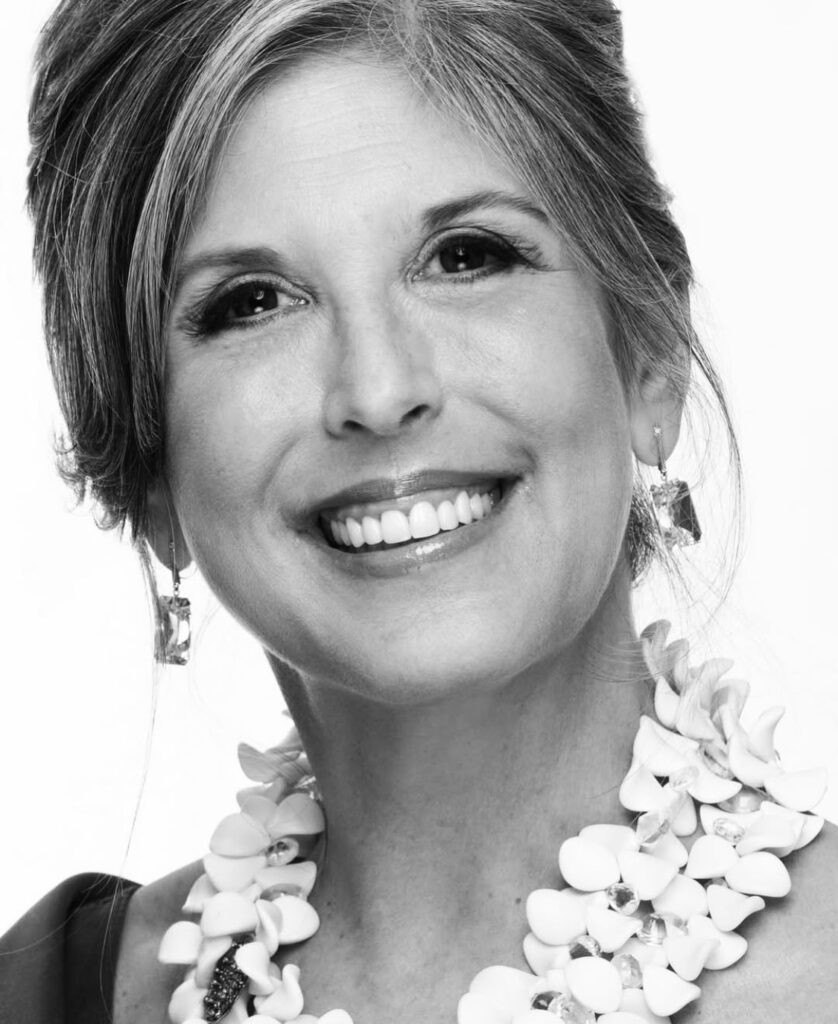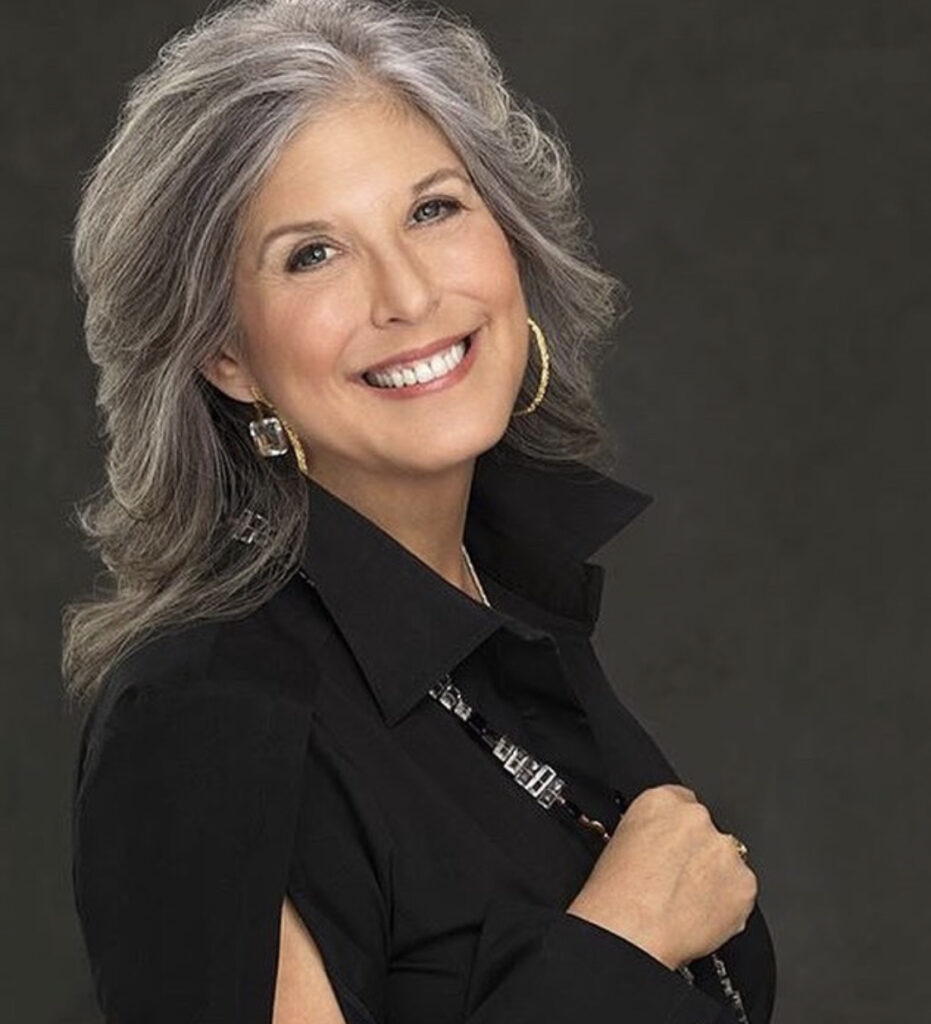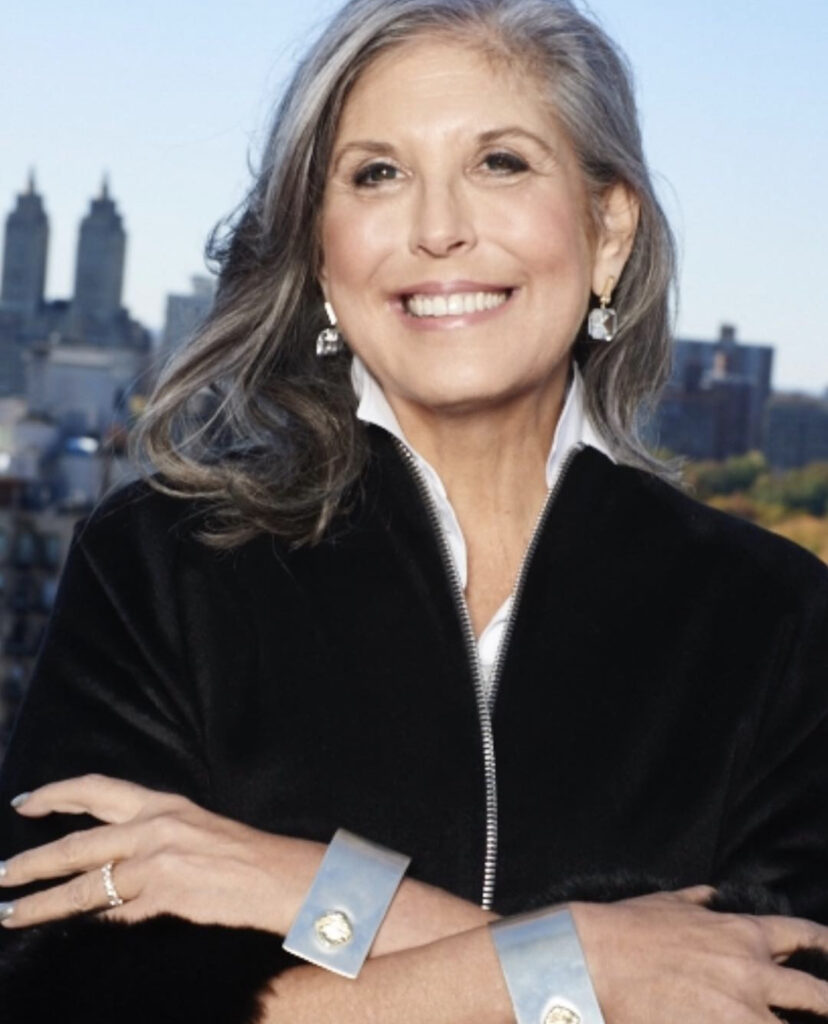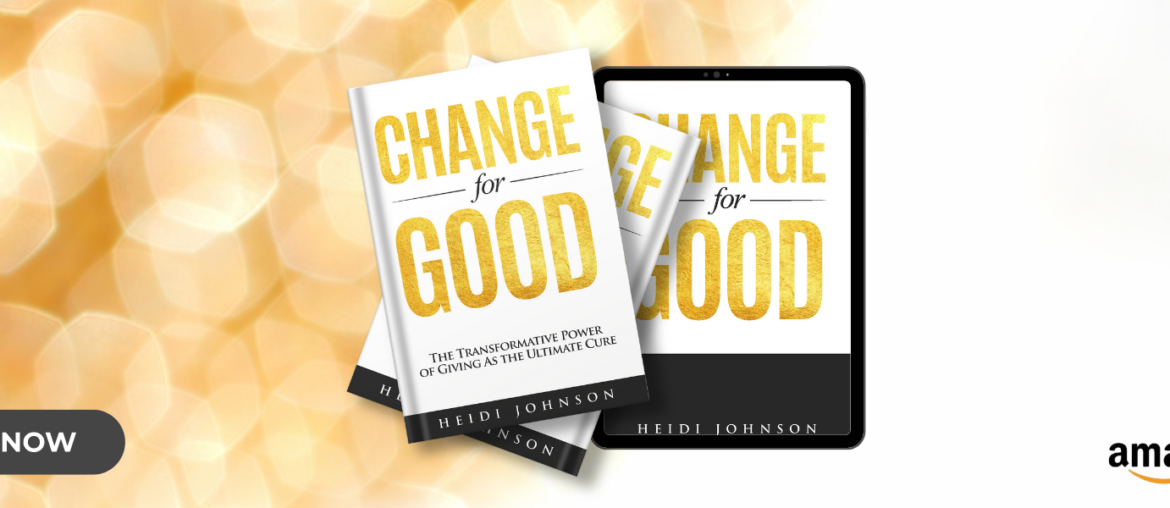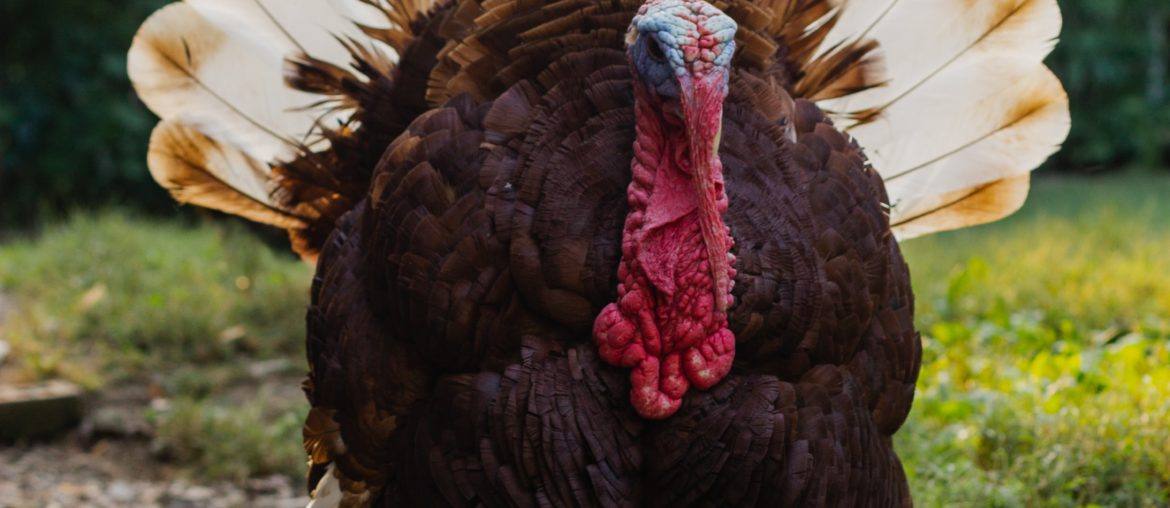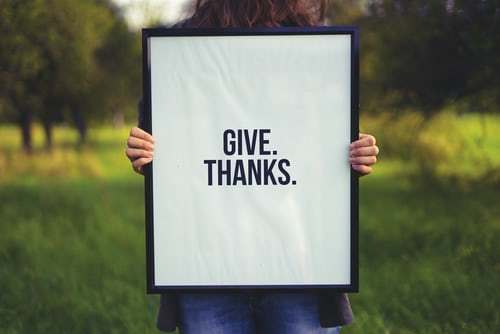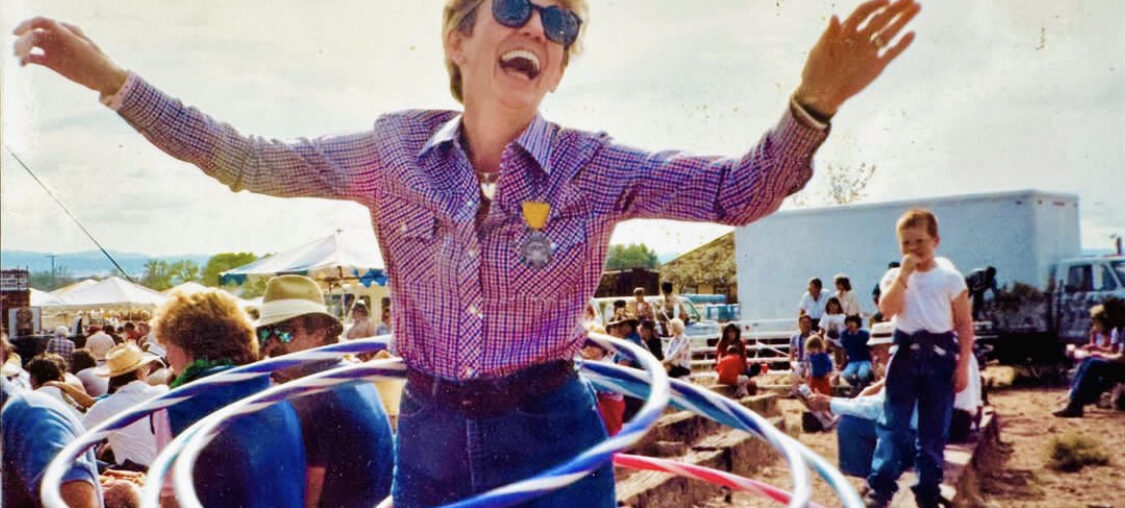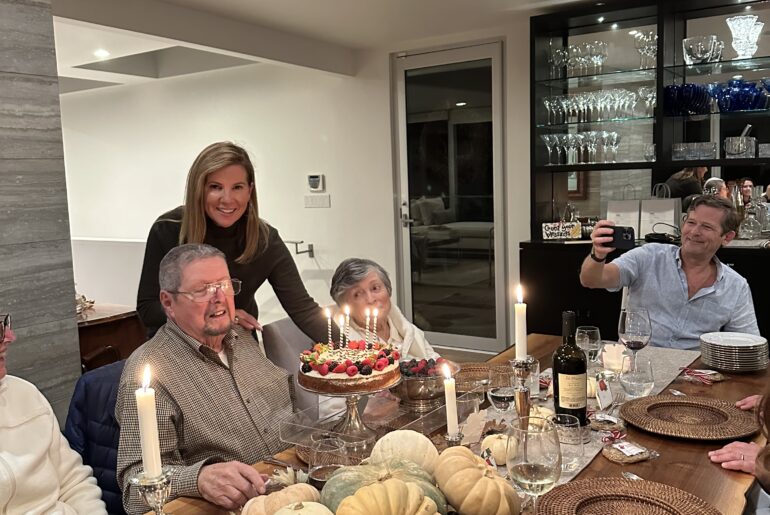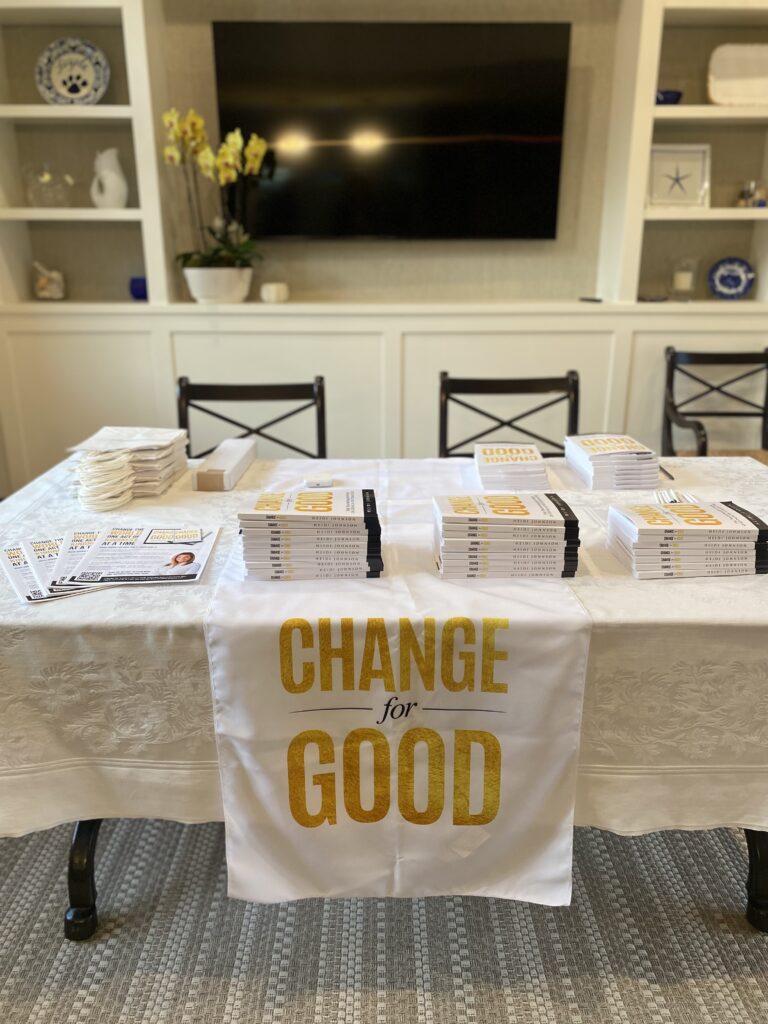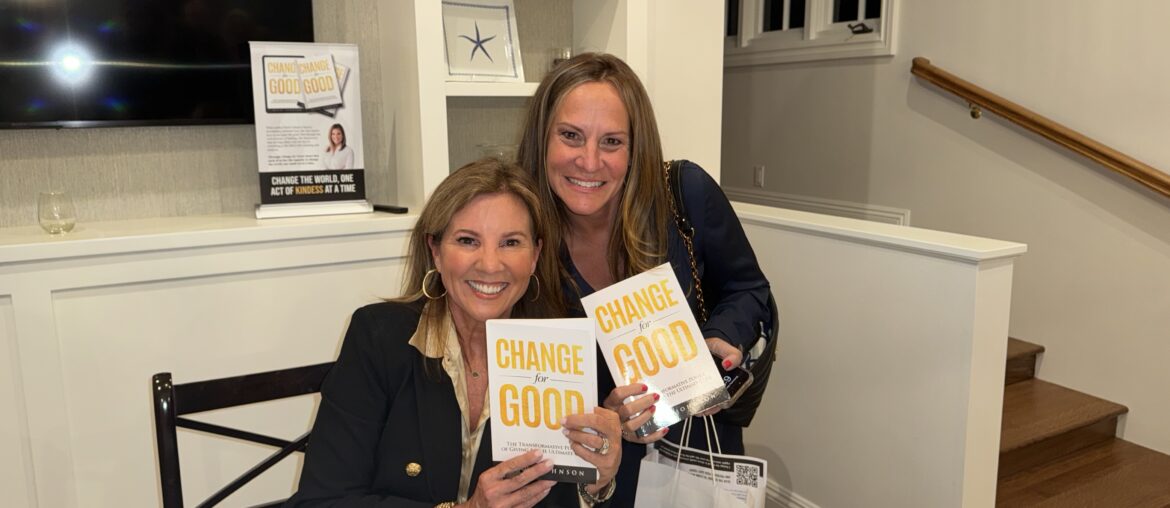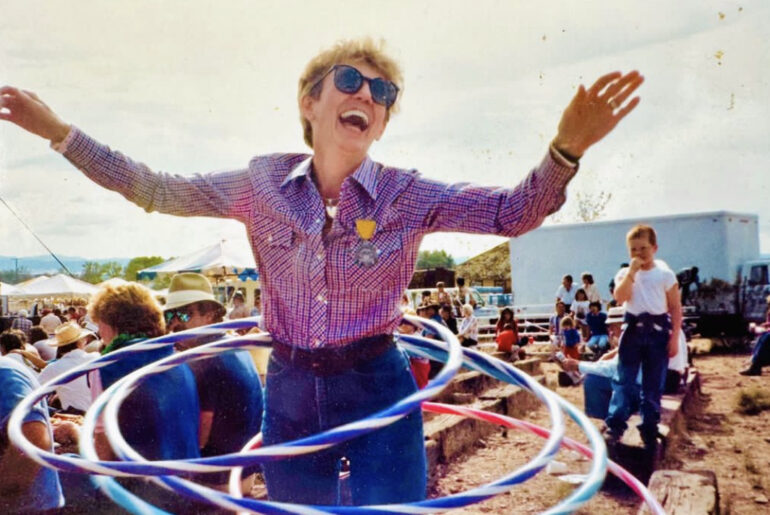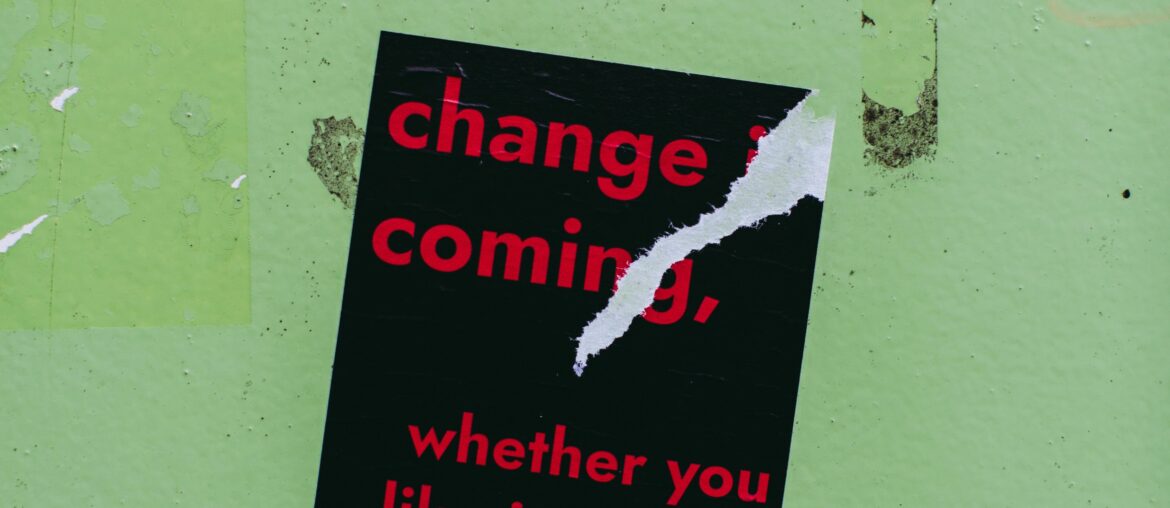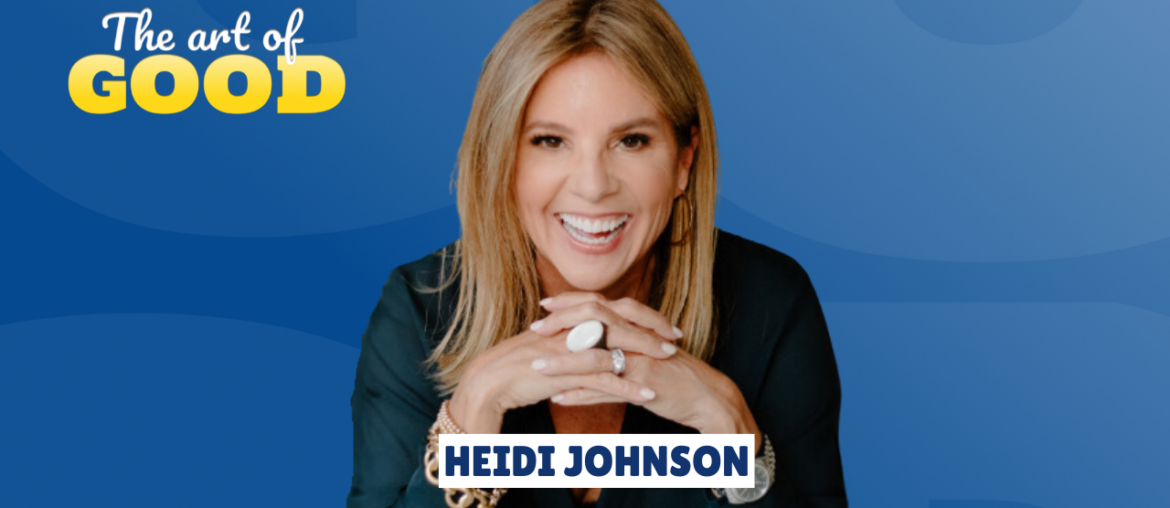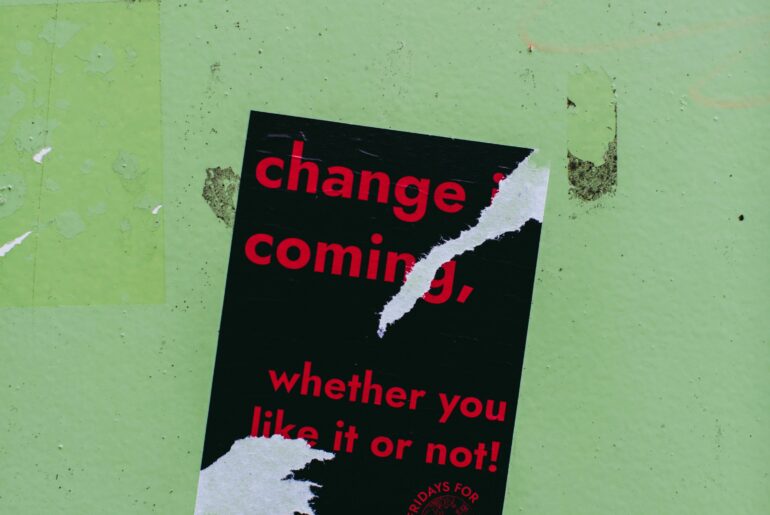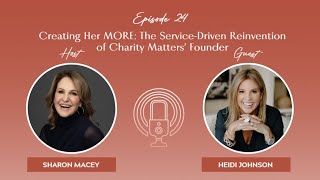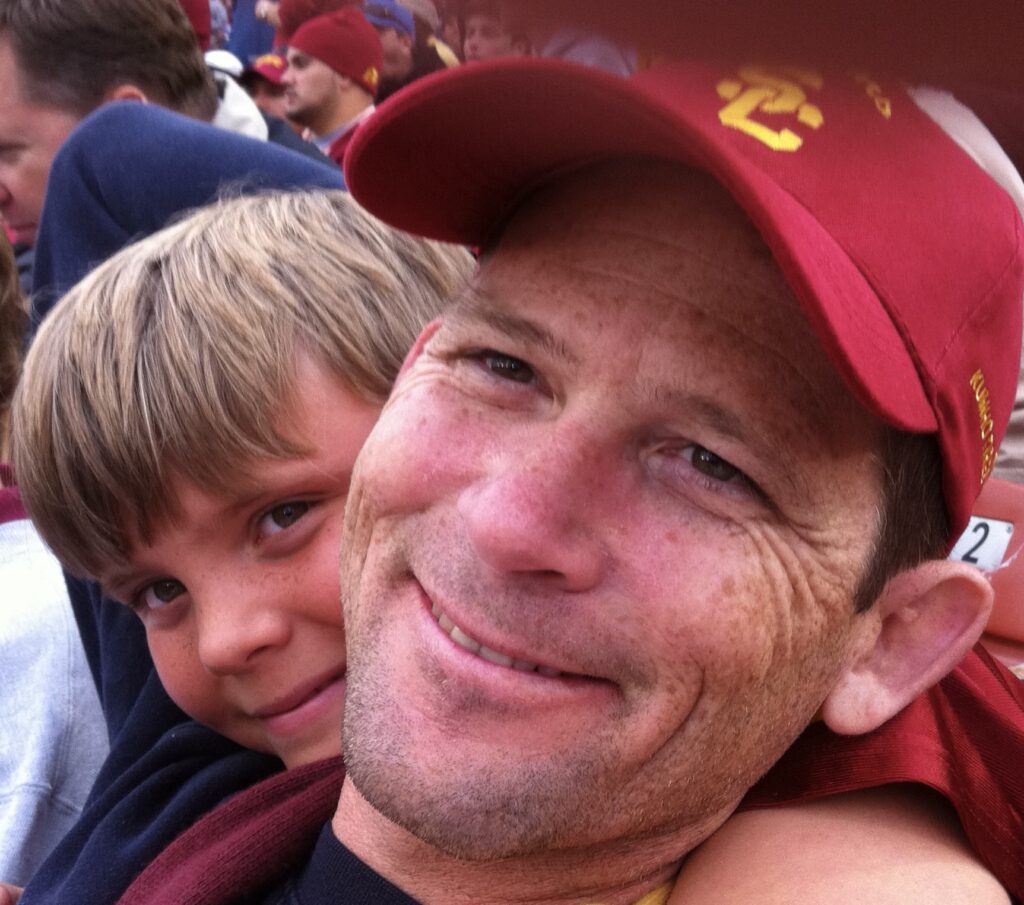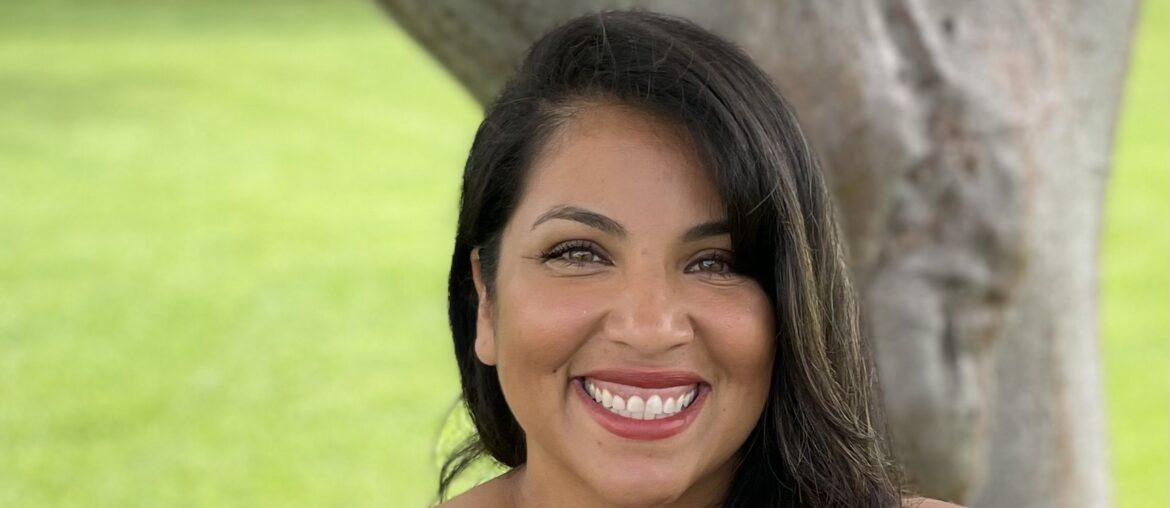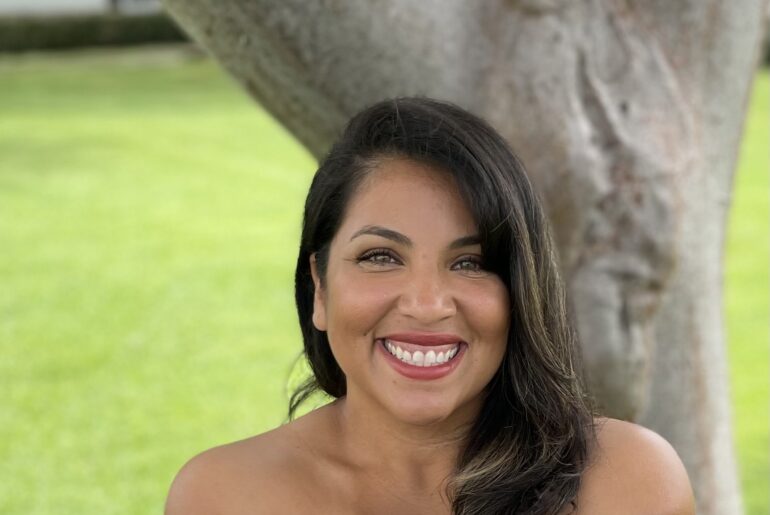What does Clive Davis, Novak Djokovic and civic leadership all have in common? The answer is today’s guest, Kirk Spahn who is a dynamic educator and nonprofit founder. Kirk tells us his inspirational story of combining his passions of sports, his friends, education and a deep civic duty to create what is now the twenty year old ICL Foundation.
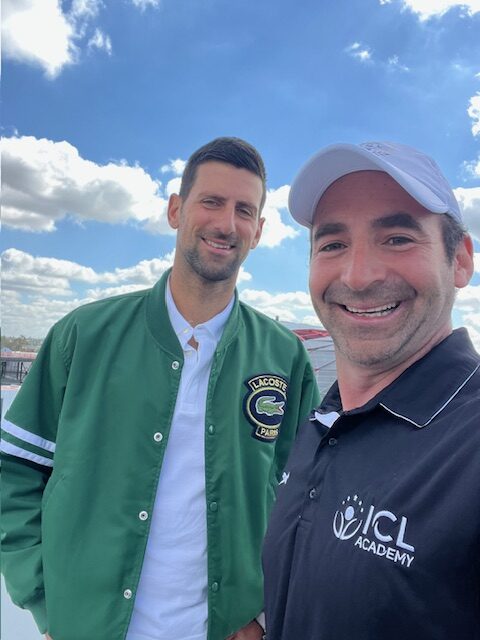
Join us for a fun and super interesting conversation to learn how one 23 year old set out to help in a small way and today is transforming education by teaching thousands of students how to learn and lead. One person can make a difference and Kirk’s story and passion are proof. If you are looking to be inspired this New Year this is the perfect conversation to get you going.
Here are a few highlights from our conversation:
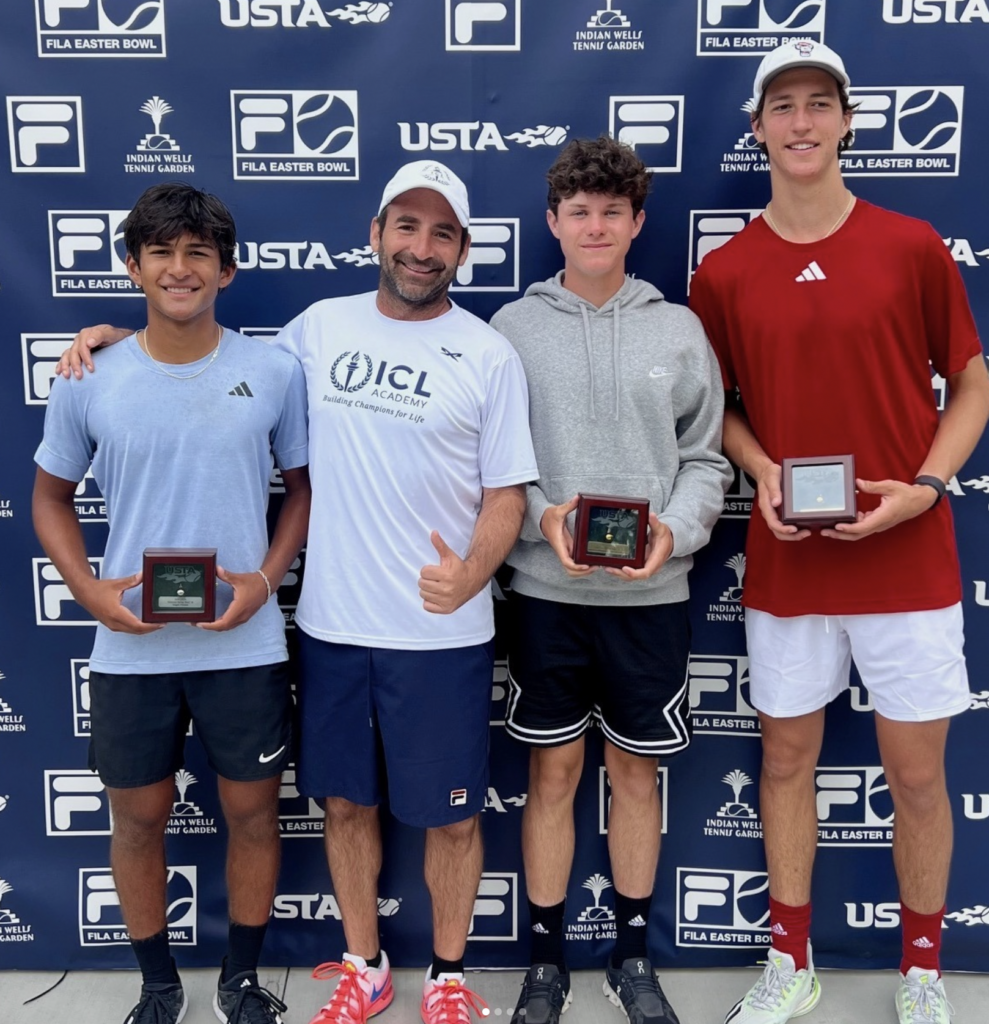
Charity Matters: Tell us a little about what The ICL Foundation does?
Kirk Spahn: The ICL Foundation, stands for the Institute for Civic Leadership. The word civic had sort of become almost an antiquated, somewhat dirty word, where people think of civics class selling something. Yet, when you break down what civic leadership is the true definition it’s building a prosperous community. It’s about helping others, and it’s something that I’d felt has been lost for a long time. I think coming back to the roots of civic engagement and civic leadership should be a pillar and a cornerstone of all education for all youth. So that’s why the Institute for Civic Leadership was created over two decades ago.
Charity Matters: Tell us a little about your early signs of philanthropy?
Kirk Spahn: My parents are teachers.. My father used to always say that when you support the next generation, you’re building the leaders of tomorrow. My grandfather coined an expression that I use all the time, which is finding the spark of genius in every child. Our job as educators was always to find what people are passionate about and sort of help support that and then make sure that there was always a purpose to giving it back. So I think at the same time, my mother was always running nonprofits so my entire life was always about giving to the community. Her entire essence was just about selflessness and giving to others.
I never said I wanted to run a school or found a nonprofit, but from very, very early it was, what can you do to help people? So I think it was ingrained. I had no idea when, how, why, where….
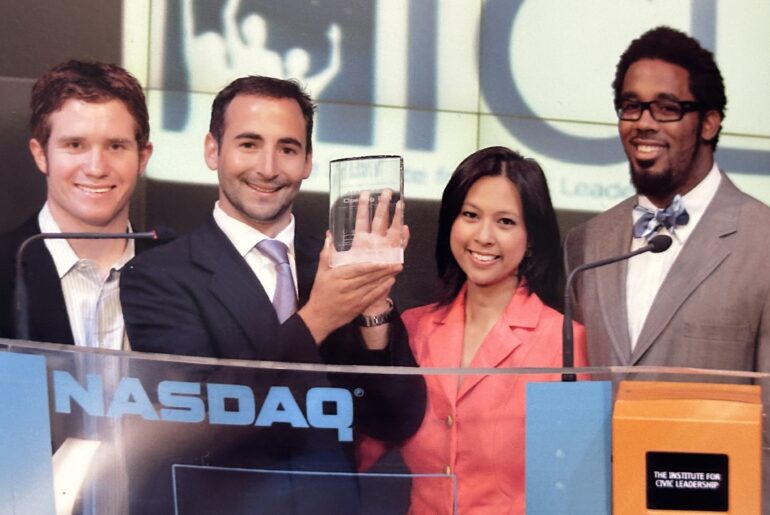
Charity Matters: What was the moment you knew you needed to act and start The ICL Foundation?
Kirk Spahn: My father said that after I graduated college, try to play your sport if you can become a professional great but look at the next couple years as your survey course and create experiences that you think will lead you to find what that is. And so I was in the strangest place when that catalyst for starting the ICL happened.
I was working for a record label, and I have no musical talents, but I love music. I was working for Clive Davis, we had had a lot of meetings with Tom Freston, who was the founder of MTV Networks, and he was running VH1. I happened to be living in New York on my own with two NFL linebackers for the New York Giants.
The sad catalyst for ICL was actually the tragedy of September 11th. I was in New York working a record label. After September 11th, there was a movement of like, what can we do? I was living with people that had a platform and I was in these meetings with these artists who were big time celebrities and I said, “What can these artists do?
I met with my father and a reverend, and I brought in these people from Saudi and we had a round table and said, “How can we get youth engaged?” And everyone looked around, and said Kirk, “What do you think?” And I said, I’ve seen the power of celebrity but nobody knows what their journey was. No one saw the work they put in to become one.
The idea was, why don’t we put together a conference on Martin Luther King Day, and we’ll call it the Dare to Dream Conference. It’ll be supported by MTV and at the Museum of Natural History, where my mother was a board member. The museum said, that sounds great. Because we were in education, we had a directory of 1000s of schools, and we said we’ll put on a free event. And the goal was just to share the journey of these celebrities, but to really show the common themes of sort of oneness of what we can do. Youth can make an impact and helping them find a passion and a purpose. Big words for us was always passion and purpose to help build a better world, and it has to be something that comes within. January 17, 2002 was the inaugural Dare to Dream Conference.
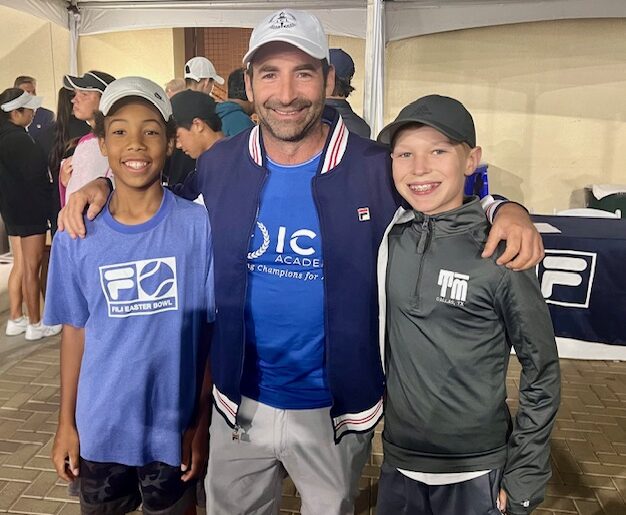
Charity Matters: What are your biggest challenges?
Kirk Spahn: Looking back at the transformation and metamorphosis of the ICL Foundation, the spark and the mission stayed the same. Everything evolved in good ways. It was kind of going to be a one and done, and here we are.
The challenges looking back were very clear. 100% as most nonprofits will say, comes around funding. It is not fun to ask other people for money. I can never go toe to toe and say this organization is more important than that organization.
Charity Matters: What fuels you to keep doing this work?
Kirk Spahn: There’s no doubt that the greatest joy was just being with the kids. It’s so cliched, but to see transforming kids lives forever and then it may come back. You may not know it at the time, because kids don’t say thank you. They’re not like, Oh, thanks so much for this opportunity. But the kids that we impacted, it happened fast, and the appreciation we could see was the impact. So I think that keeps motivating the parts I didn’t know on the icky days.
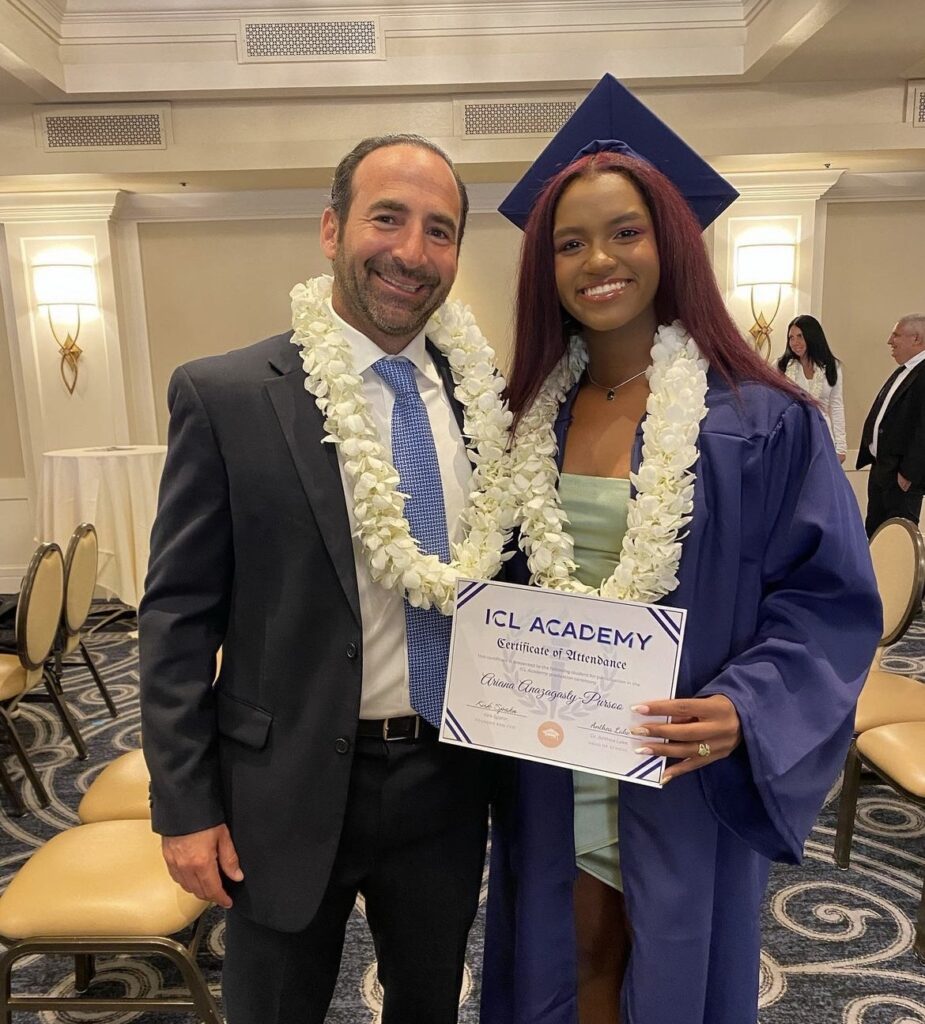
Charity Matters: Tell us what success you have had and what your impact has been?
Kirk Spahn: So impact is really hard to qualify and quantify, and that’s been a challenge for two decades. What I think is great about ICL is that we’ve created scorecards. We call them impact reports and we like to think of ourselves as a multiplier effect. When you’re helping to fund an ICL fellow or a program that we’re doing.
We evolved from conferences into what we really saw was missing in education was a focus on service, leadership, and character. Today they refer to it as social emotional learning, there was no SEL in the early 2000s but we knew. We could show that students that had gone through leadership training for others, character, self awareness, becoming kind of their own coaches, where they’ve tried to start their own nonprofits have started from an early age. They were performing better in school and had become school leaders. We could see pretty soon how these kids were having an impact on the rest of their schools.
So we started by creating an award winning curriculum, and that was the hardest thing to qualify and quantify, social emotional learning. We were very fortunate after that first Dare to Dream Conference to have access to celebrities. I’m a big believer that when athletes, performers, business leaders, politicians, actually take the time off the record to share their journeys. It inspires kids, and just hearing the story and not the end result, gets them motivated.
That really became the idea that you promote engagement, application and mastery and to support these kids who would then become the leaders of their school, leaders of their community and became the models that people wanted to follow.
Charity Matters: If you could dream any dream for your organization, what would that be?
Kirk Spahn: My goal is to transform education. The problem with a lot of nonprofits is you’re reliant on others. So I said, “Why don’t we create an accredited school?” It’s called ICL Academy. We have 1000 students that were doing their academics, but we were also giving the mentorship. We call it a pyramid. There’s physical, mental, emotional and academic. Are all parts of what feeds a great leader, and all of the pieces need to be fueled. Imagine you have if you’re a tennis player and Monica sellers and Novak Djokovic are actually speaking to you and inspiring you. What does that do to your grades? If you can relate what you’re passionate about to your curriculum, what does that make you more engaged? What about the idea of starting your own nonprofit young, or starting a cause?
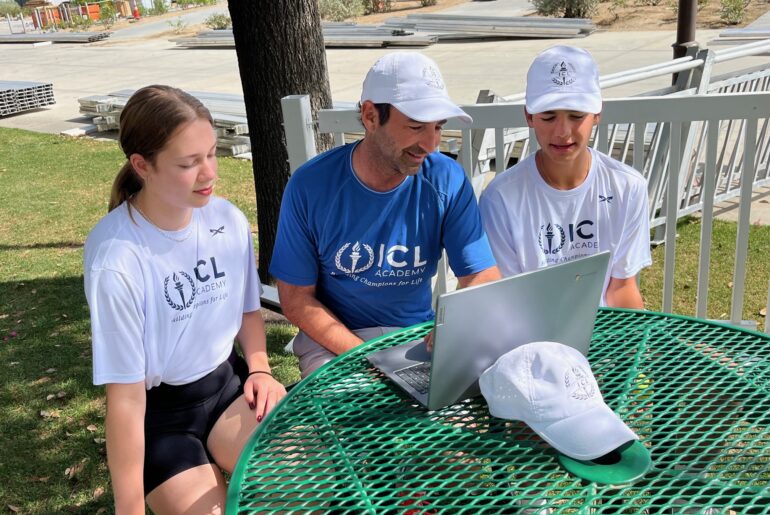
Charity Matters: What life lessons have you learned from this experience?
Kirk Spahn: It goes back to being mission driven, and the idea that when you inspire someone, and someone gets inspired, you want to take action right away.
I have a concept in education that we use at ICL that says, respect tradition, but embrace tomorrow. I believe that teachers and mentors are still what motivates people. But I think a great teacher and a great mentor is not just someone who makes a subject matter come alive to inspire you. It’s also on the flip side, someone that believes in you as an individual, that the world might see the potential in you, and that doesn’t have to be in the same person. So at ICL Academy, we started looking at how we teach life skills? How do we get more engagement? How can kids apply things to the real world and things they’re passionate about to make a difference.
CHARITY MATTERS.
YOUR REFERRAL IS THE GREATEST COMPLIMENT, IF YOU ARE SO MOVED OR INSPIRED, WE WOULD LOVE YOU TO SHARE AND INSPIRE ANOTHER. If you enjoyed today’s episode, please connect with us:
- www.Charity-Matters.com
- On IG @Charitymatters
- Post a screenshot & key takeaway on your IG story and tag me @heidijohnsonoffical and @Charitymatters so we can repost you.
- Leave a positive review on Apple Podcasts
- Subscribe to new episodes each week!
Copyright © 2025 Charity Matters. This article may not be reproduced without explicit written permission; if you are not reading this in your newsreader, the site you are viewing is illegally infringing our copyright. We would be grateful if you contact us.

